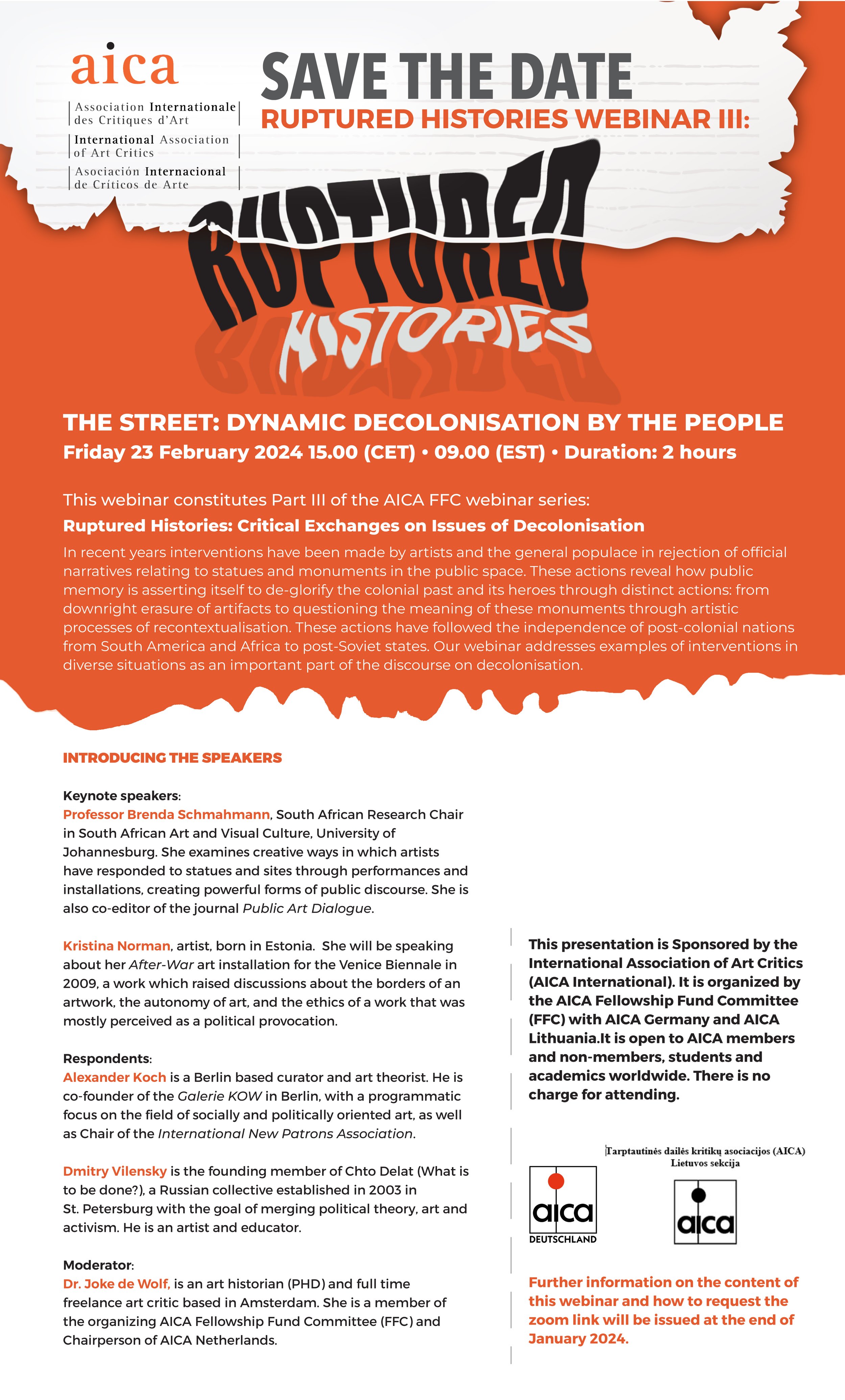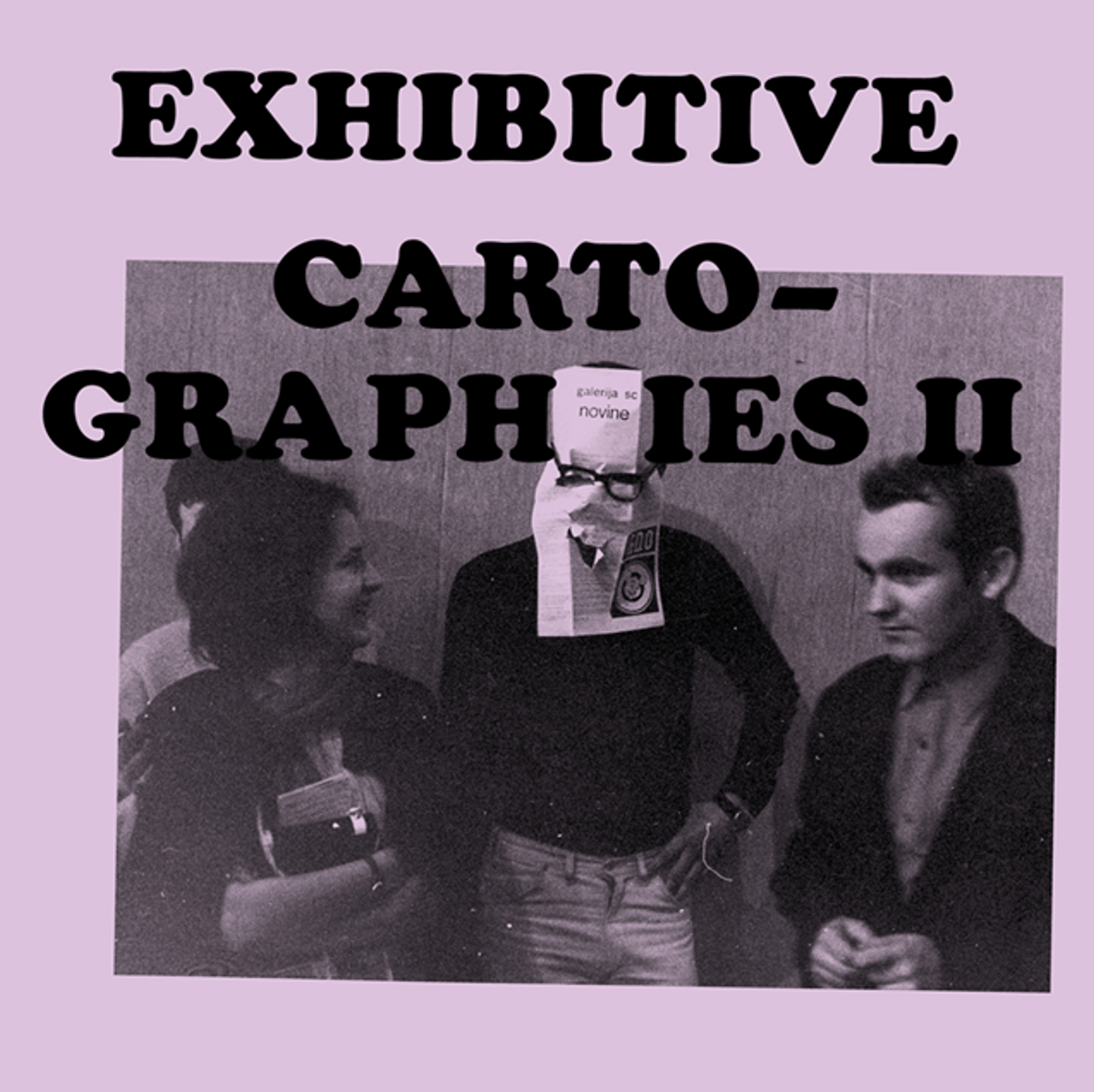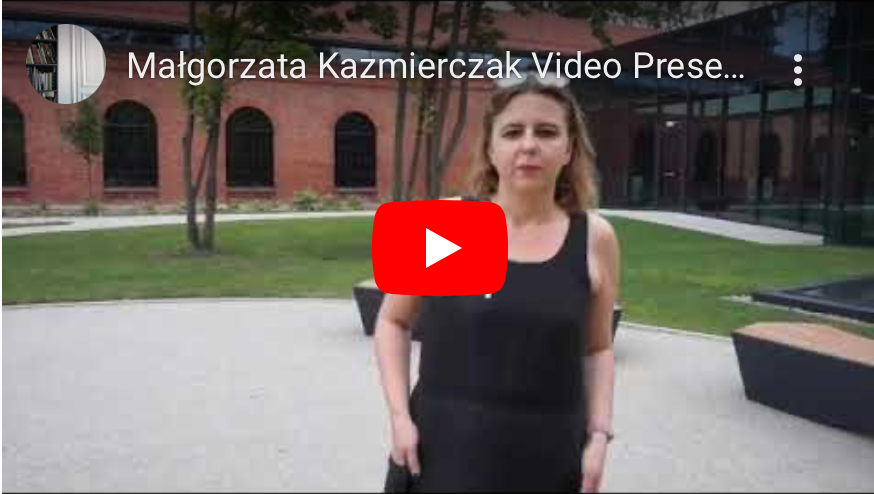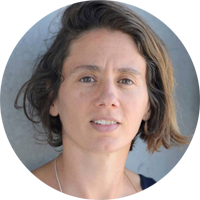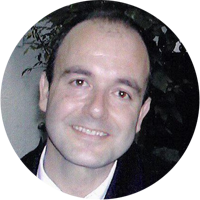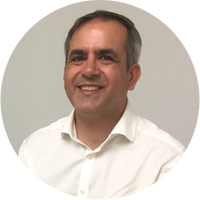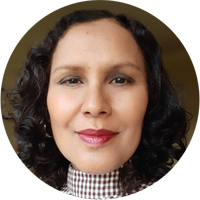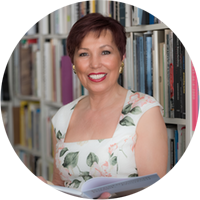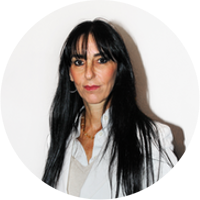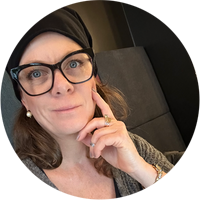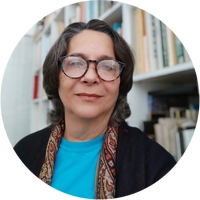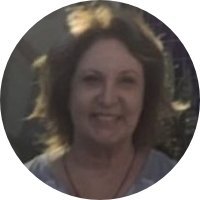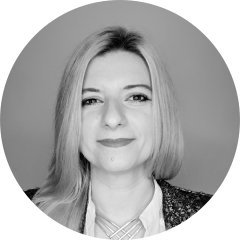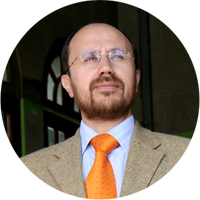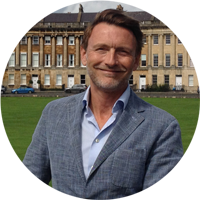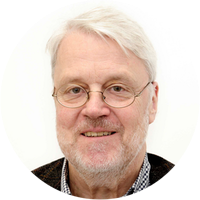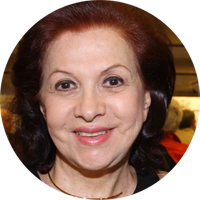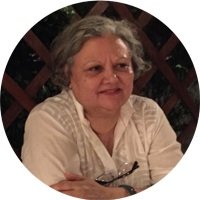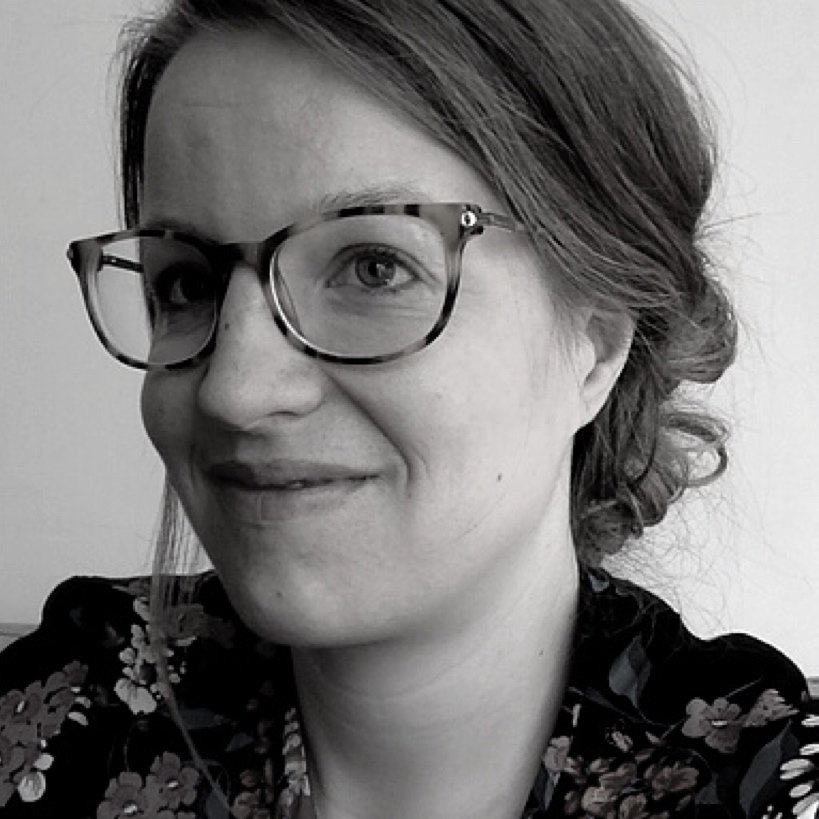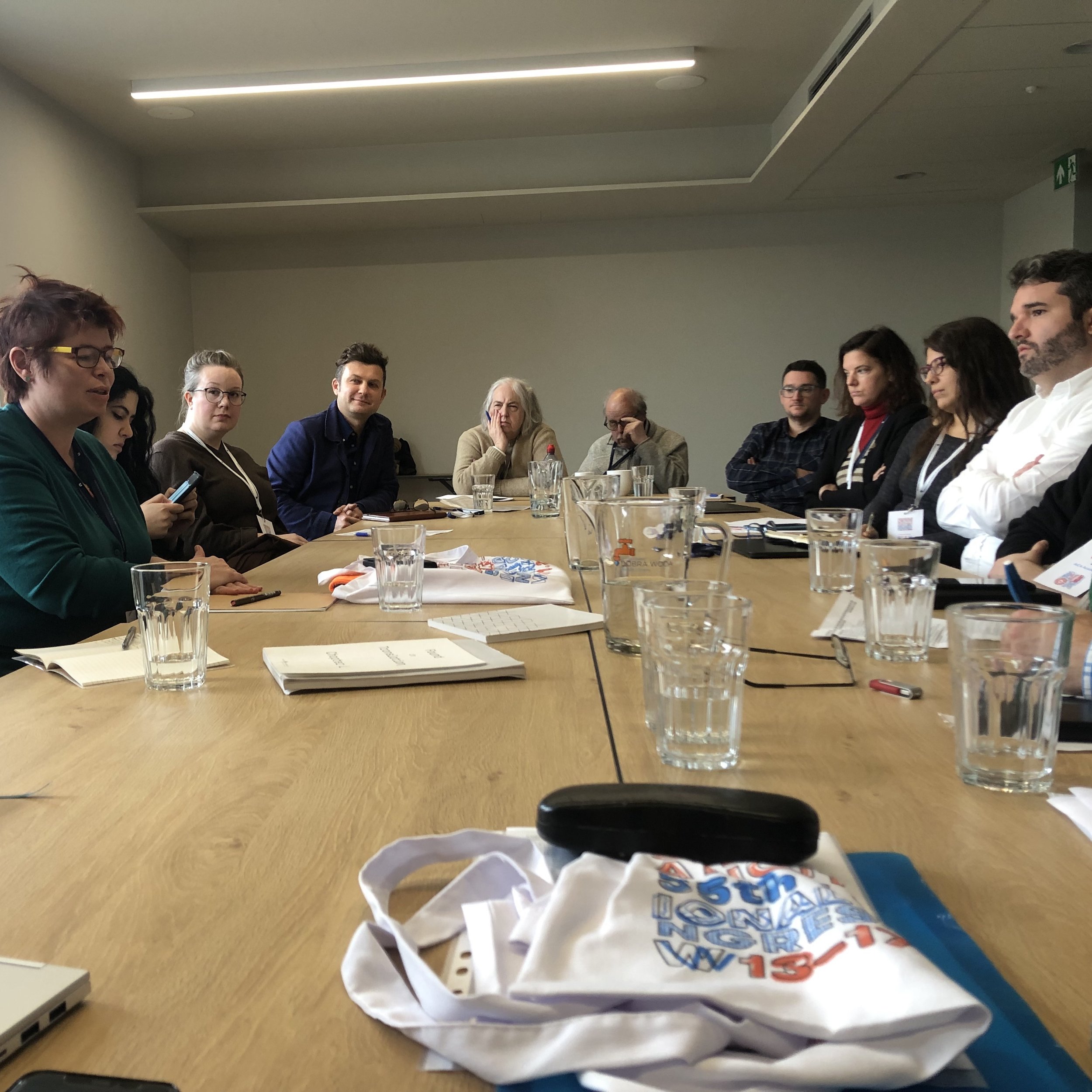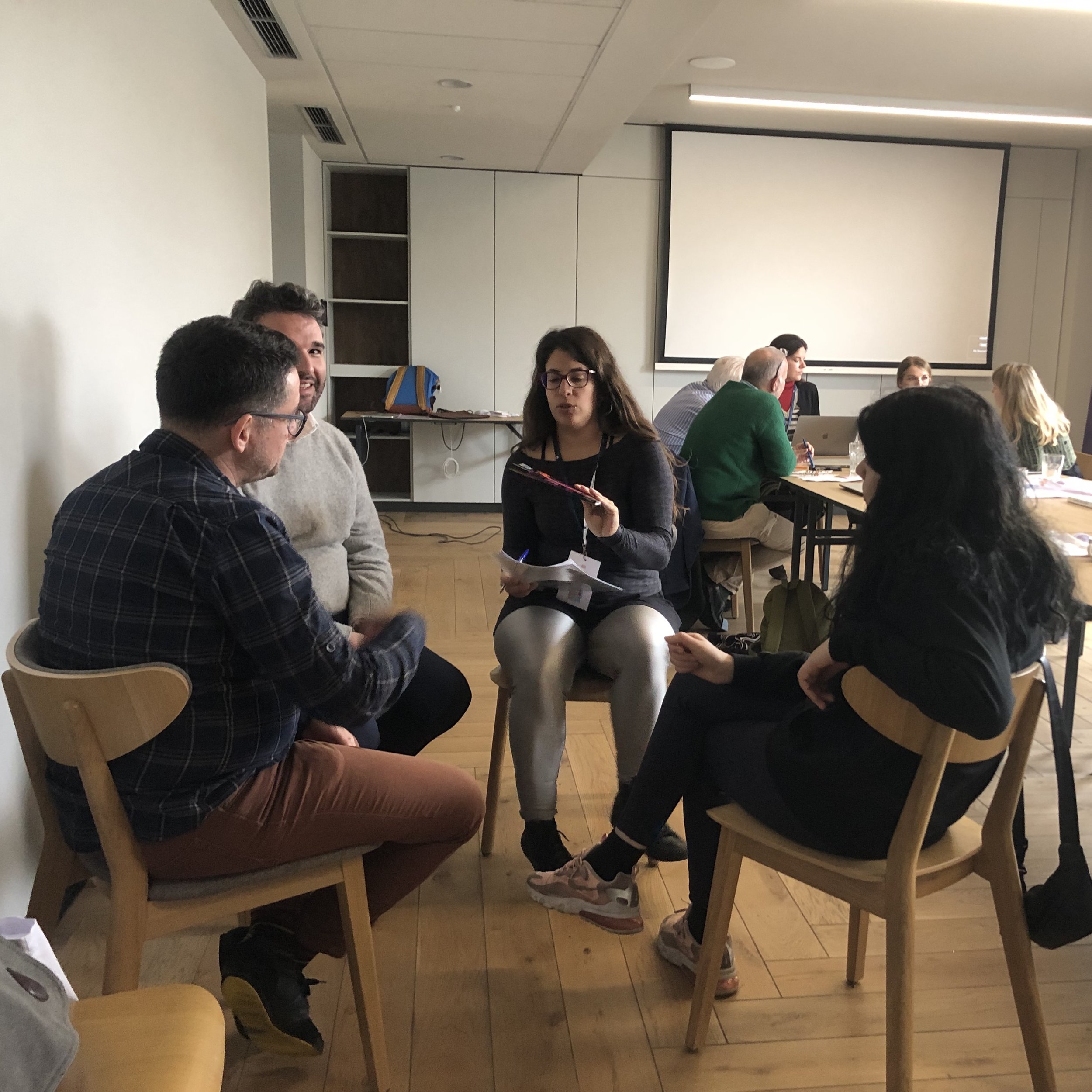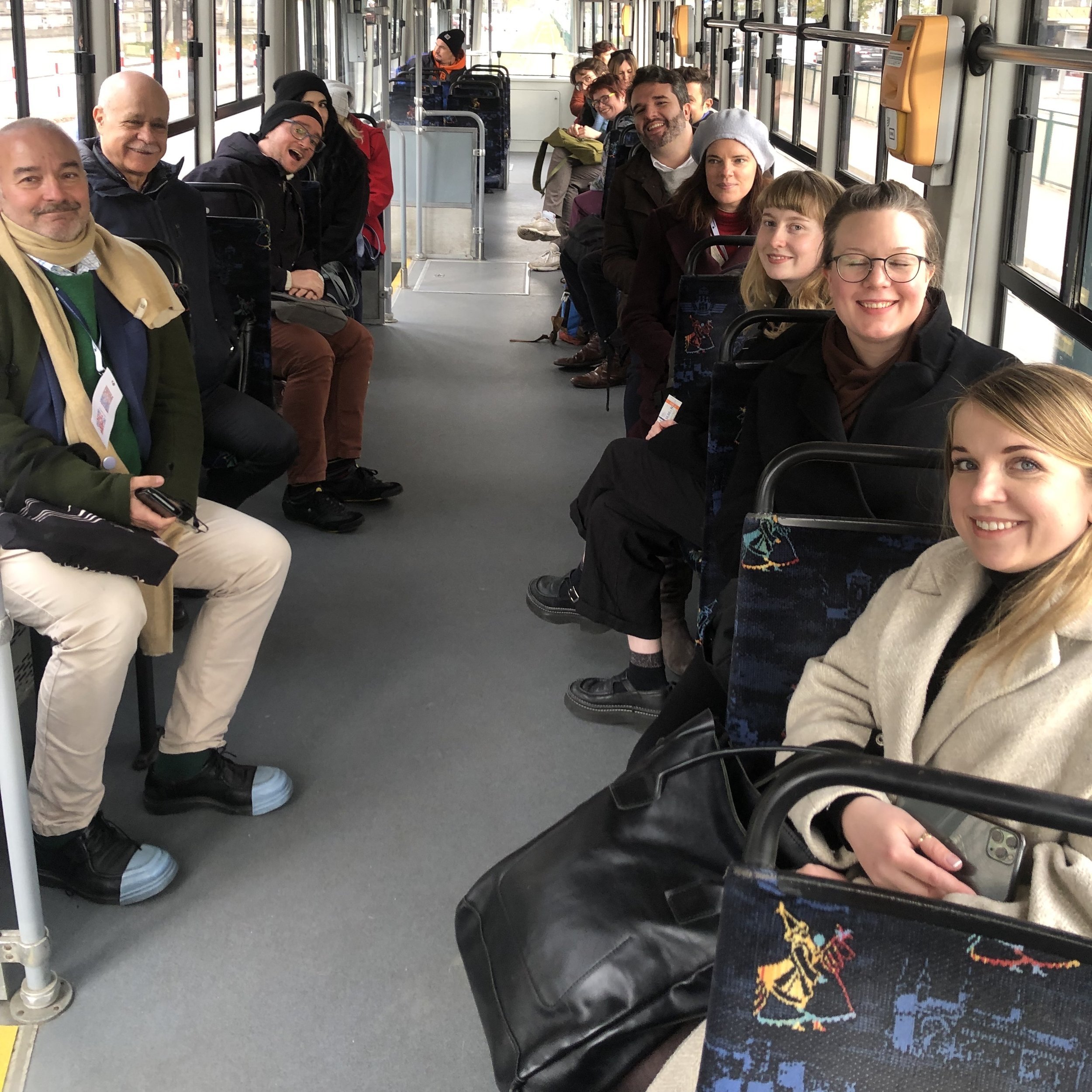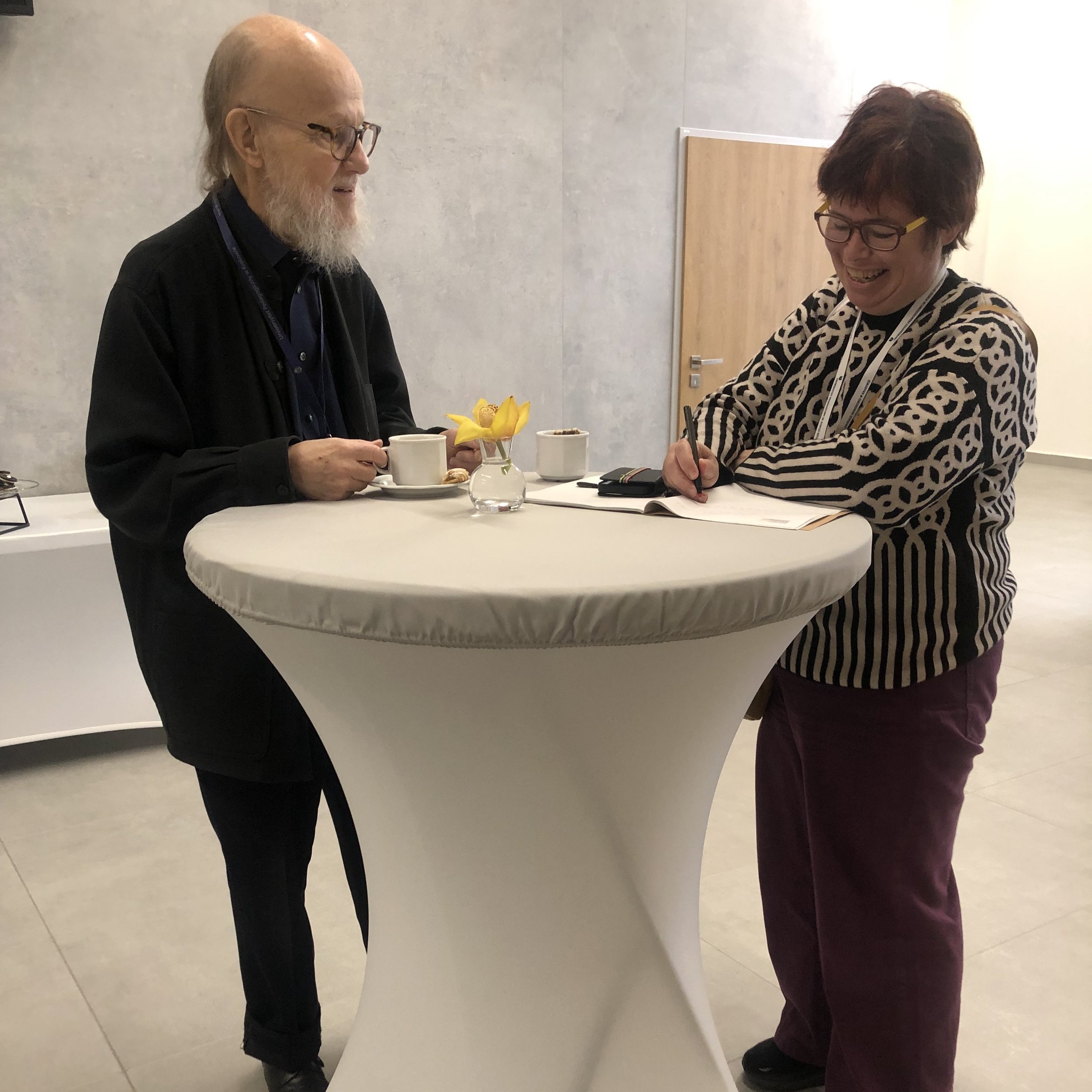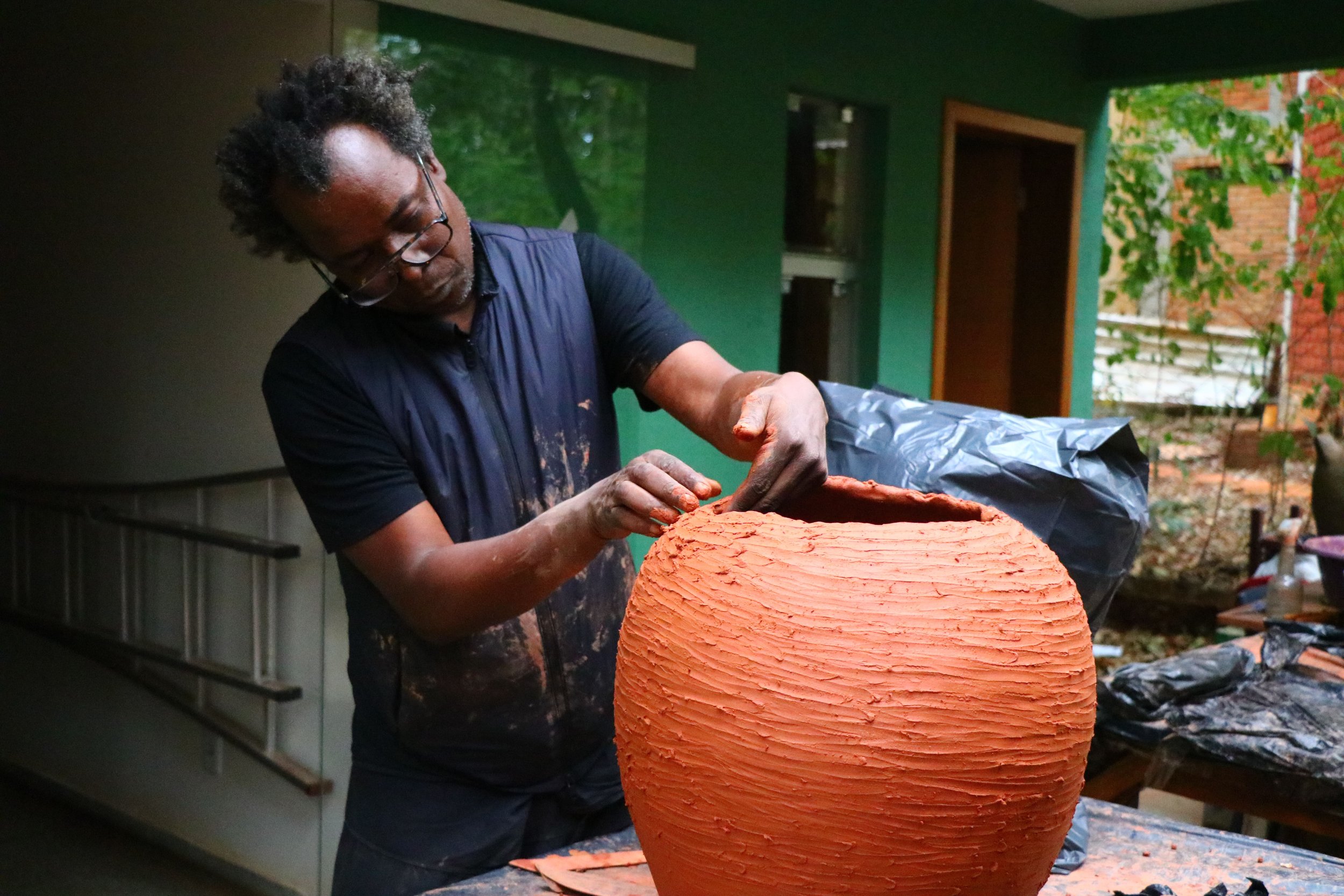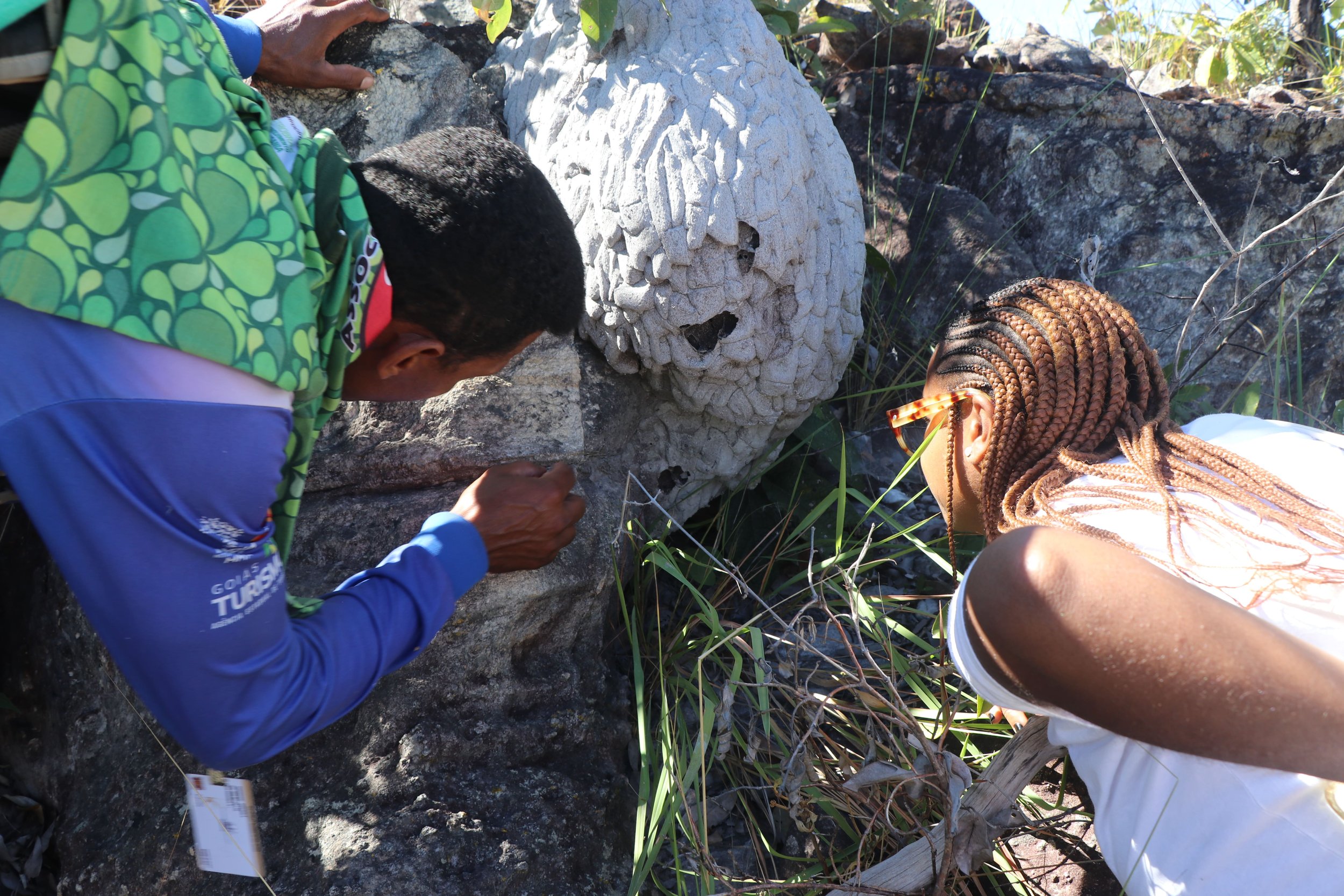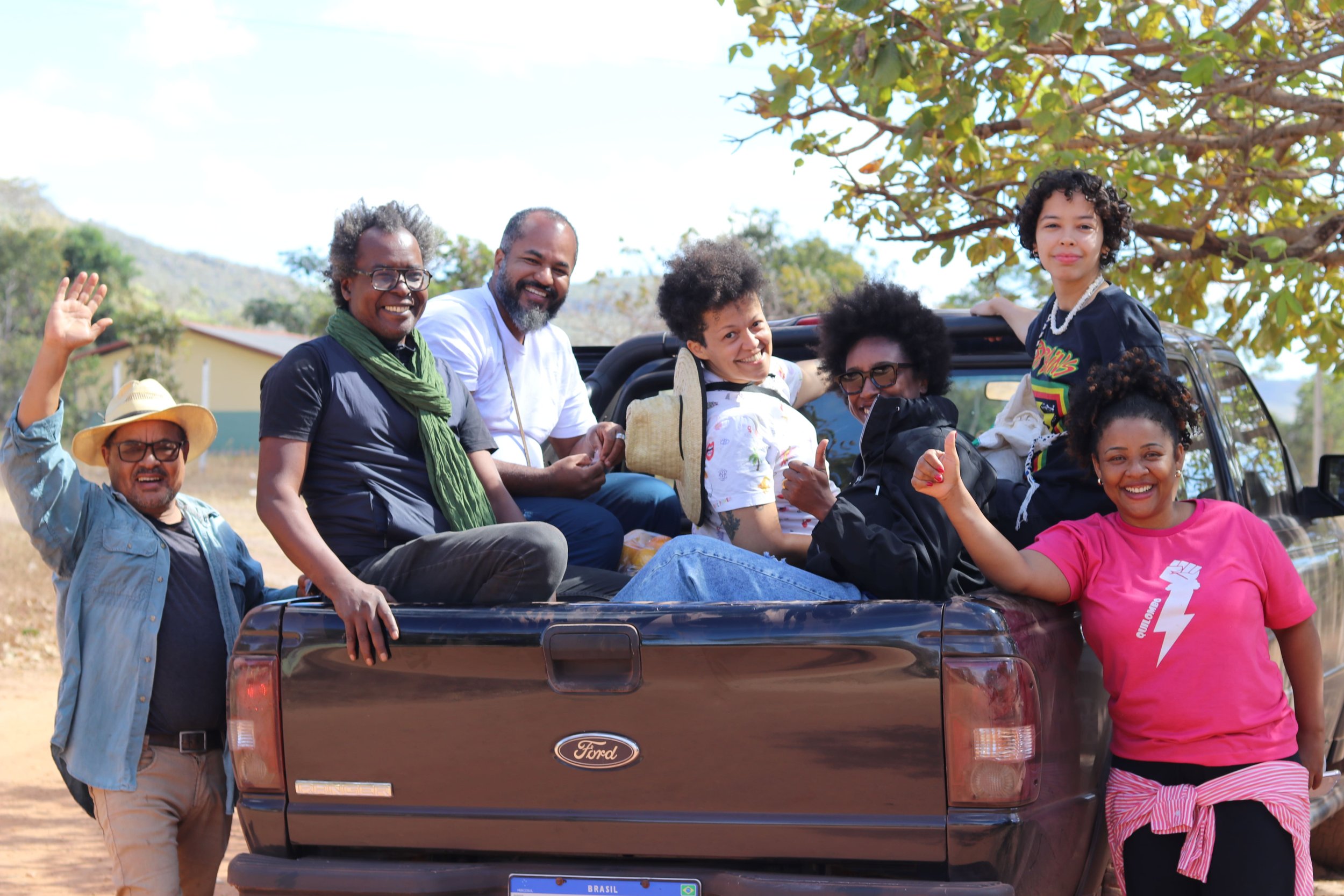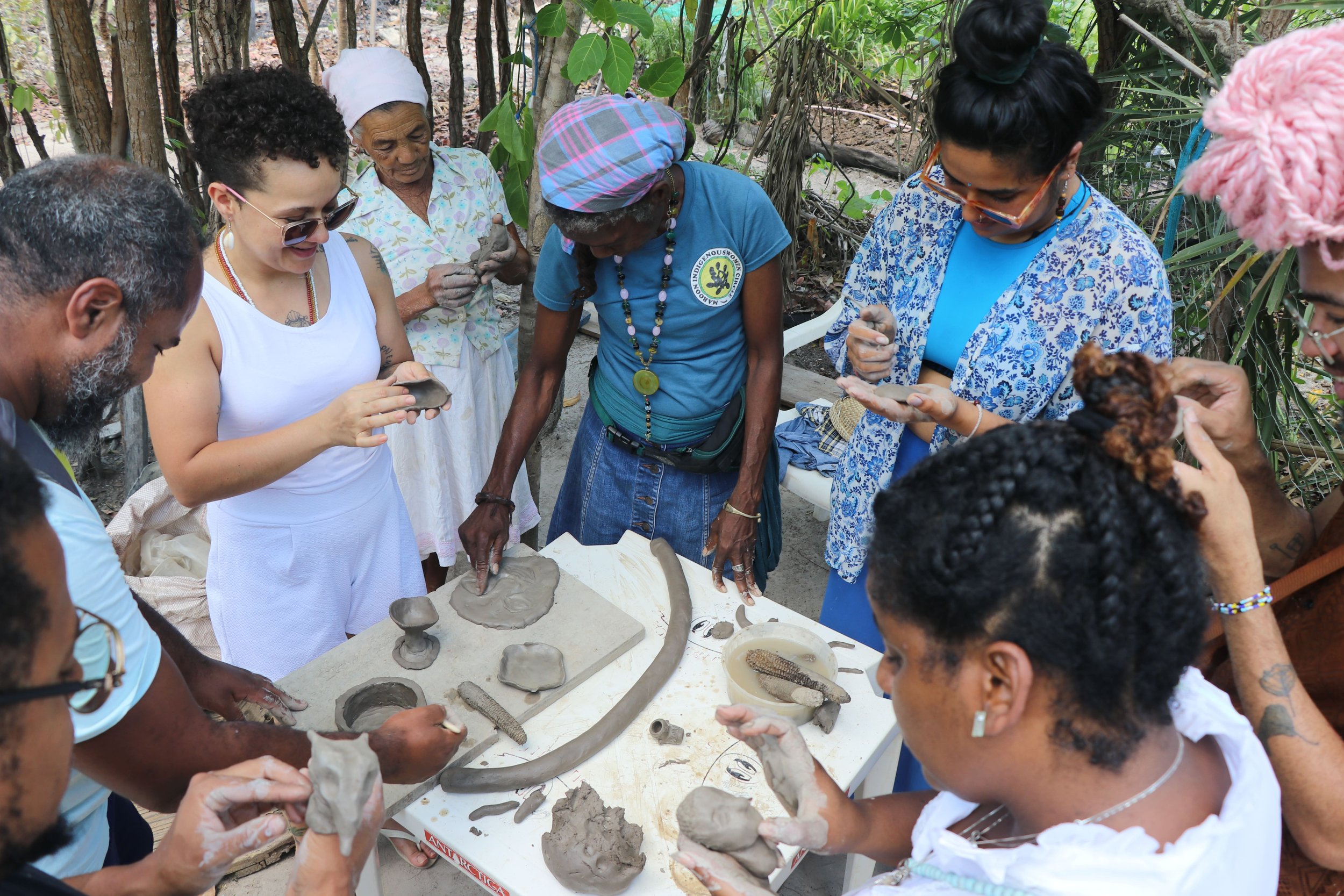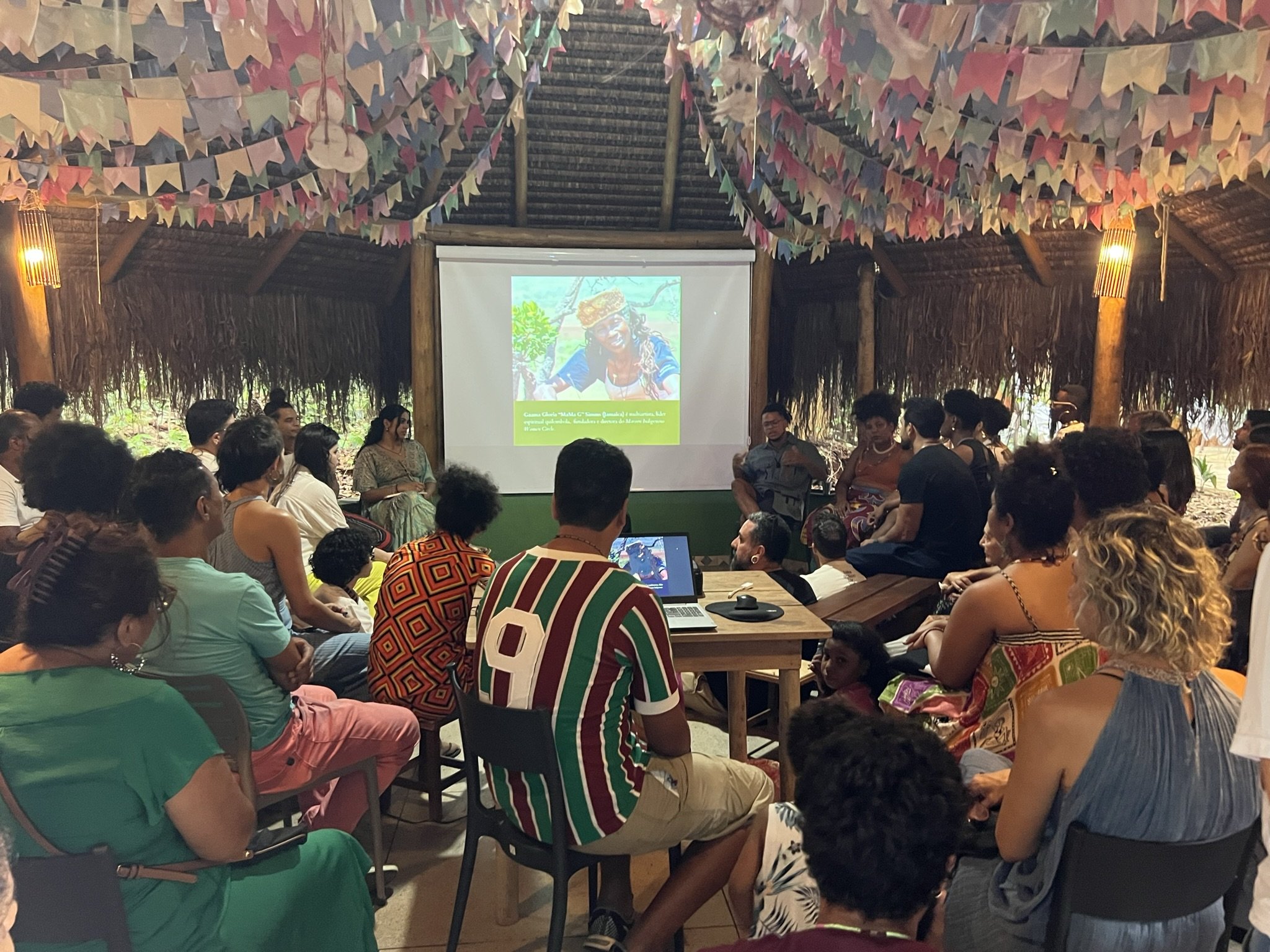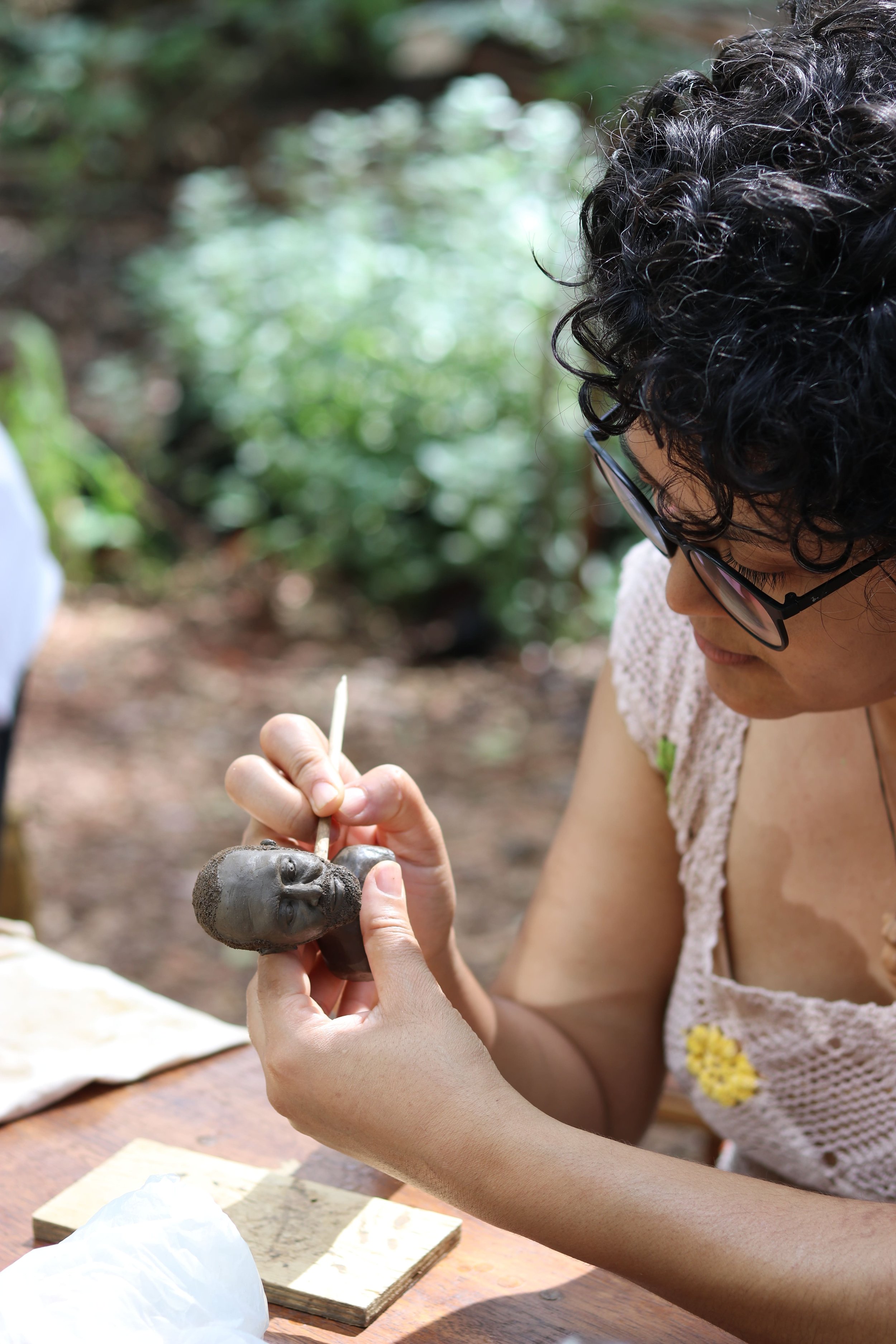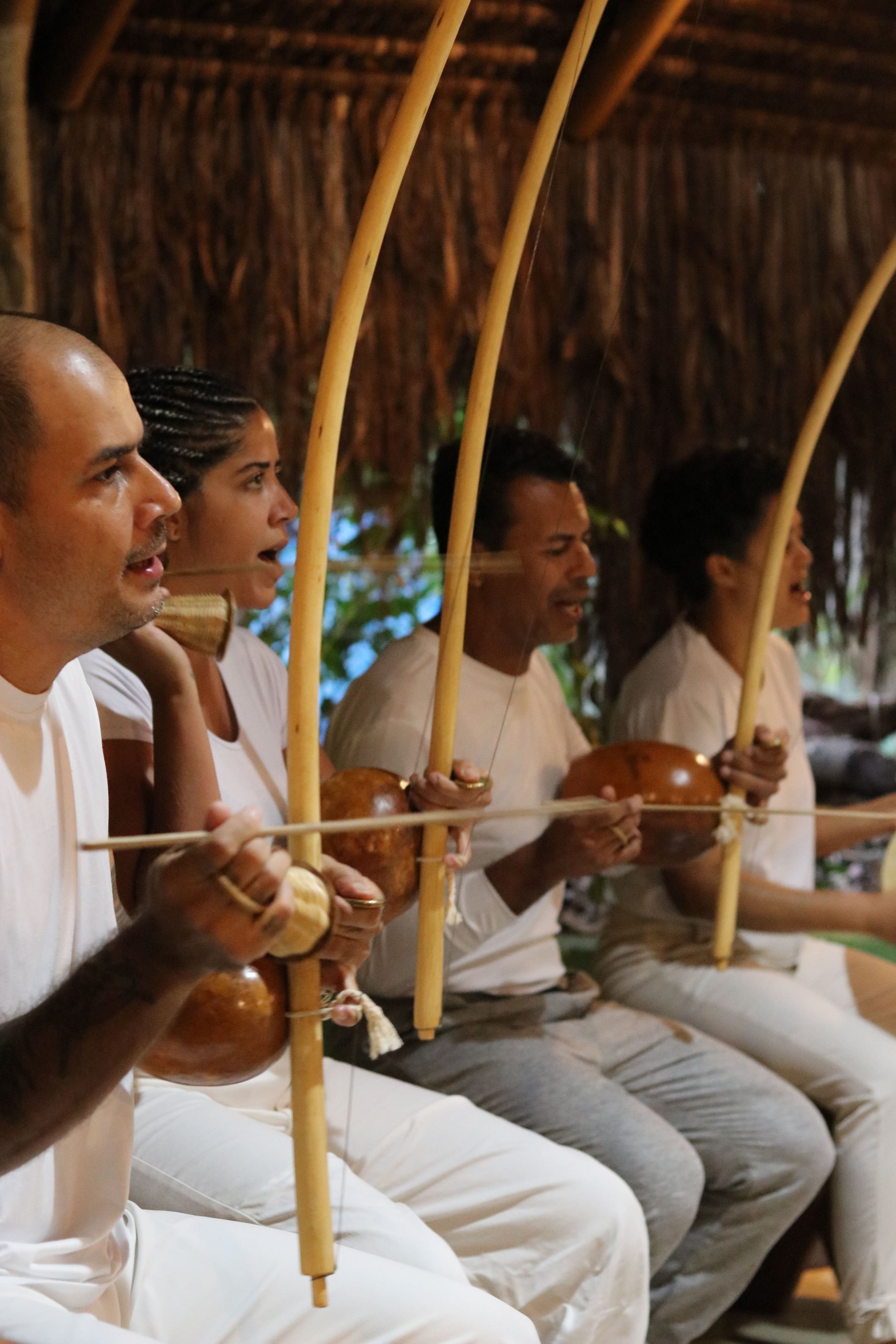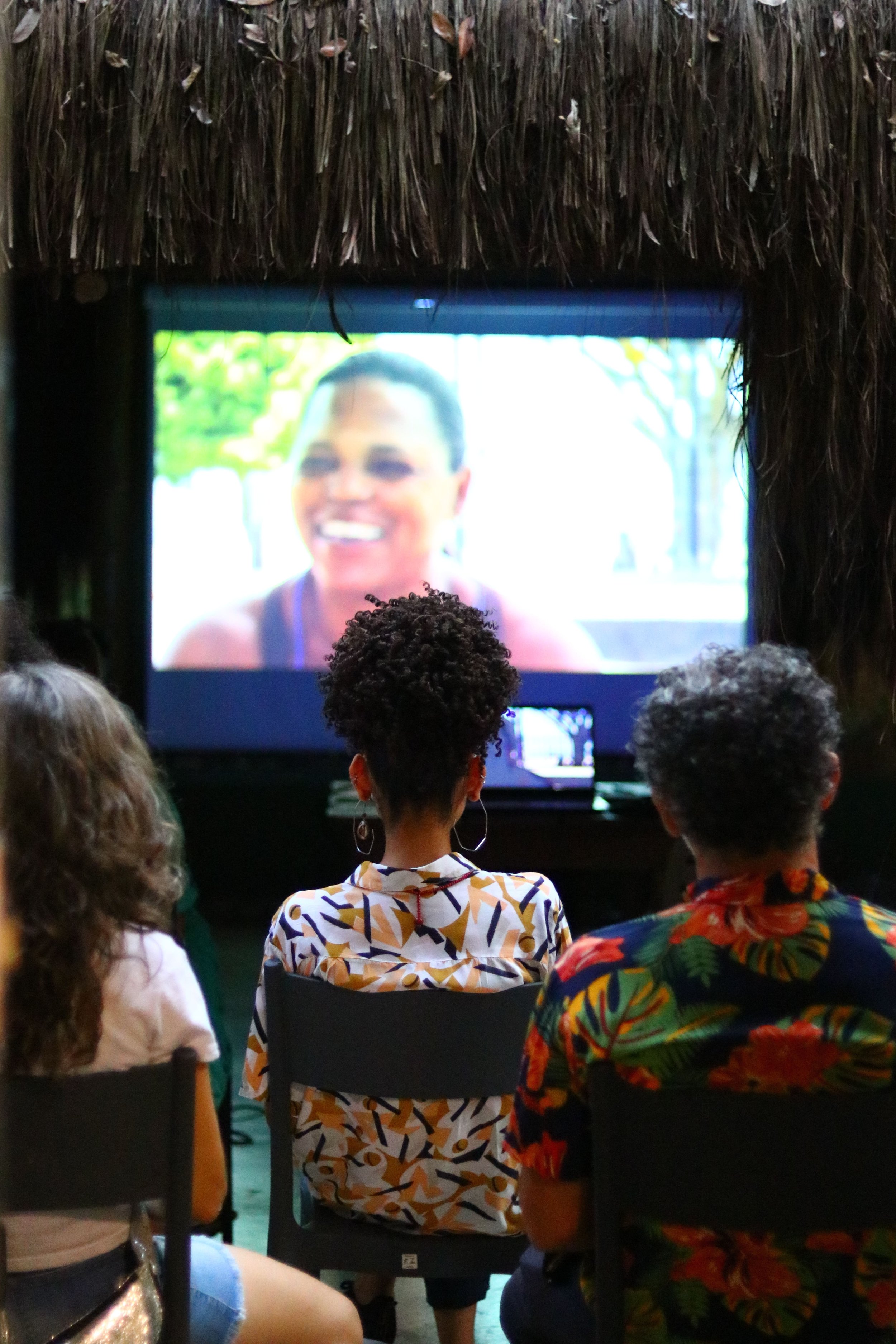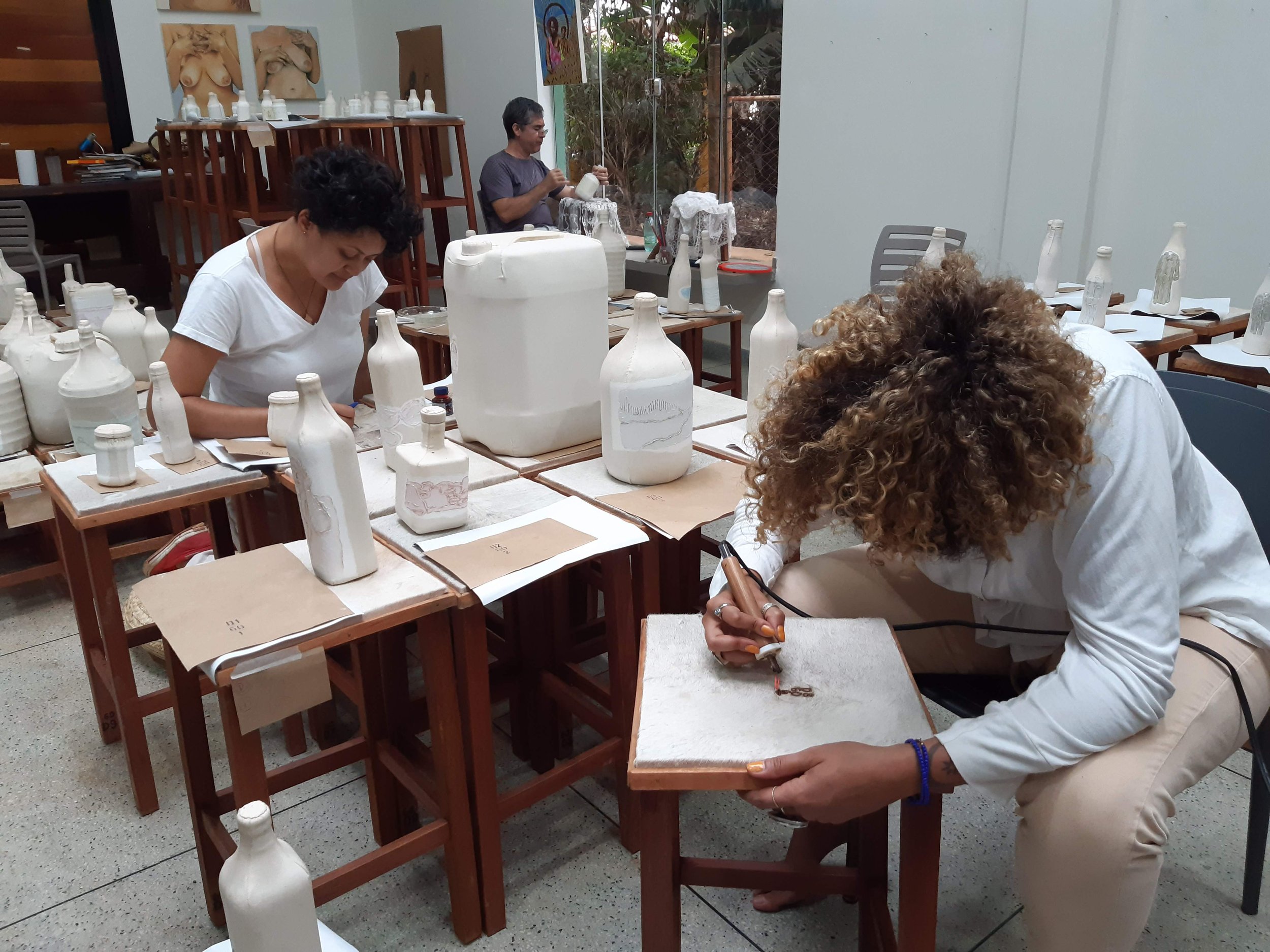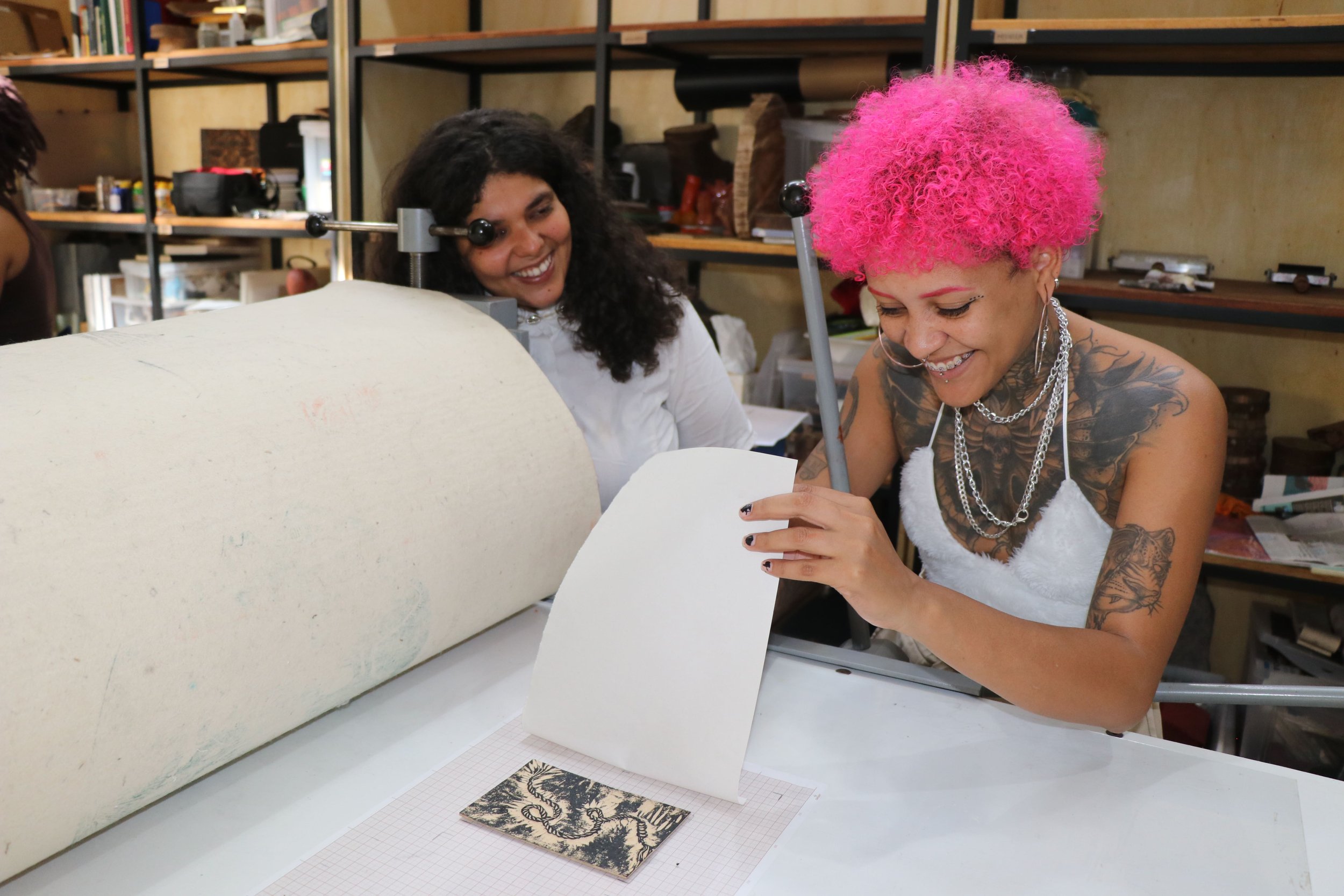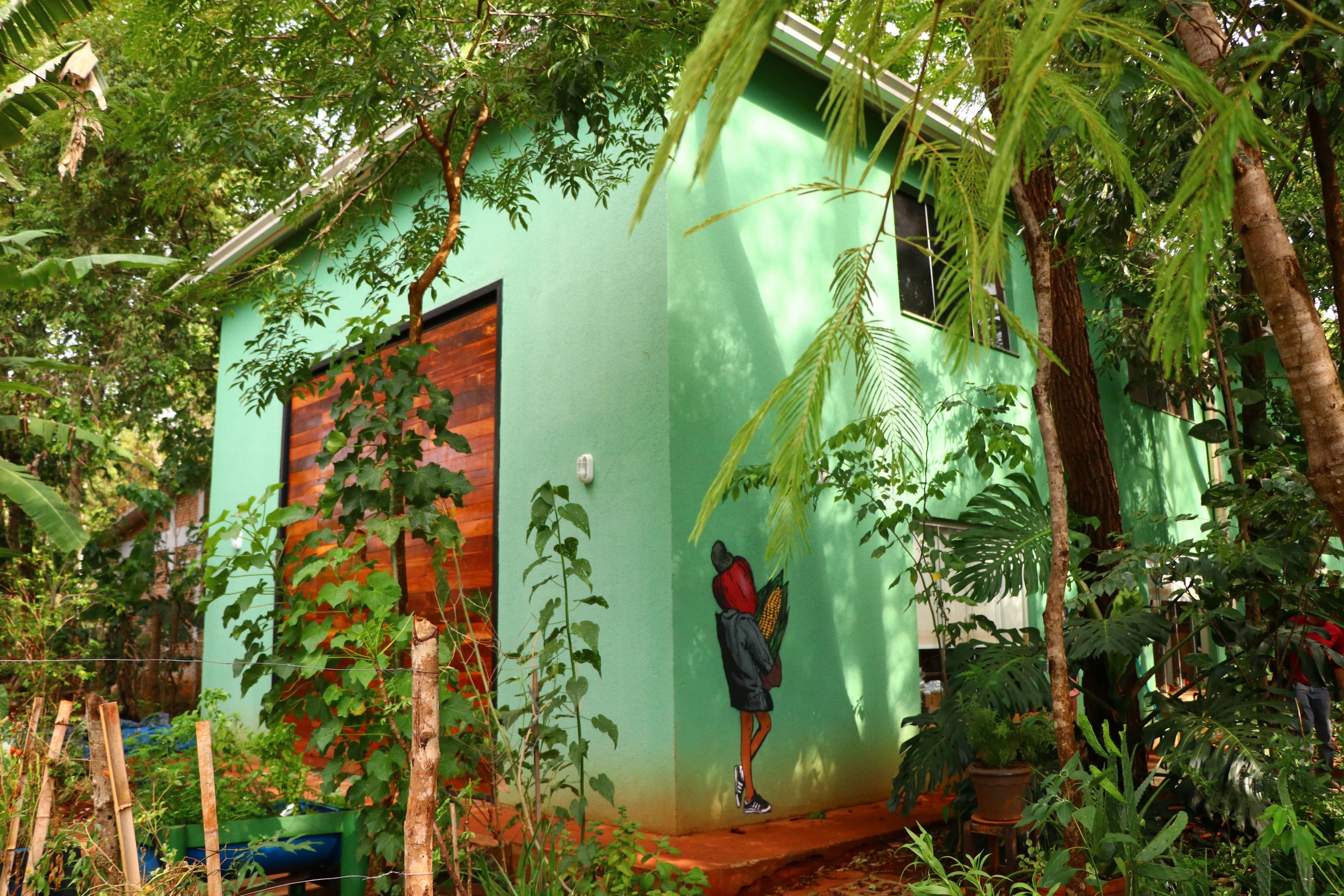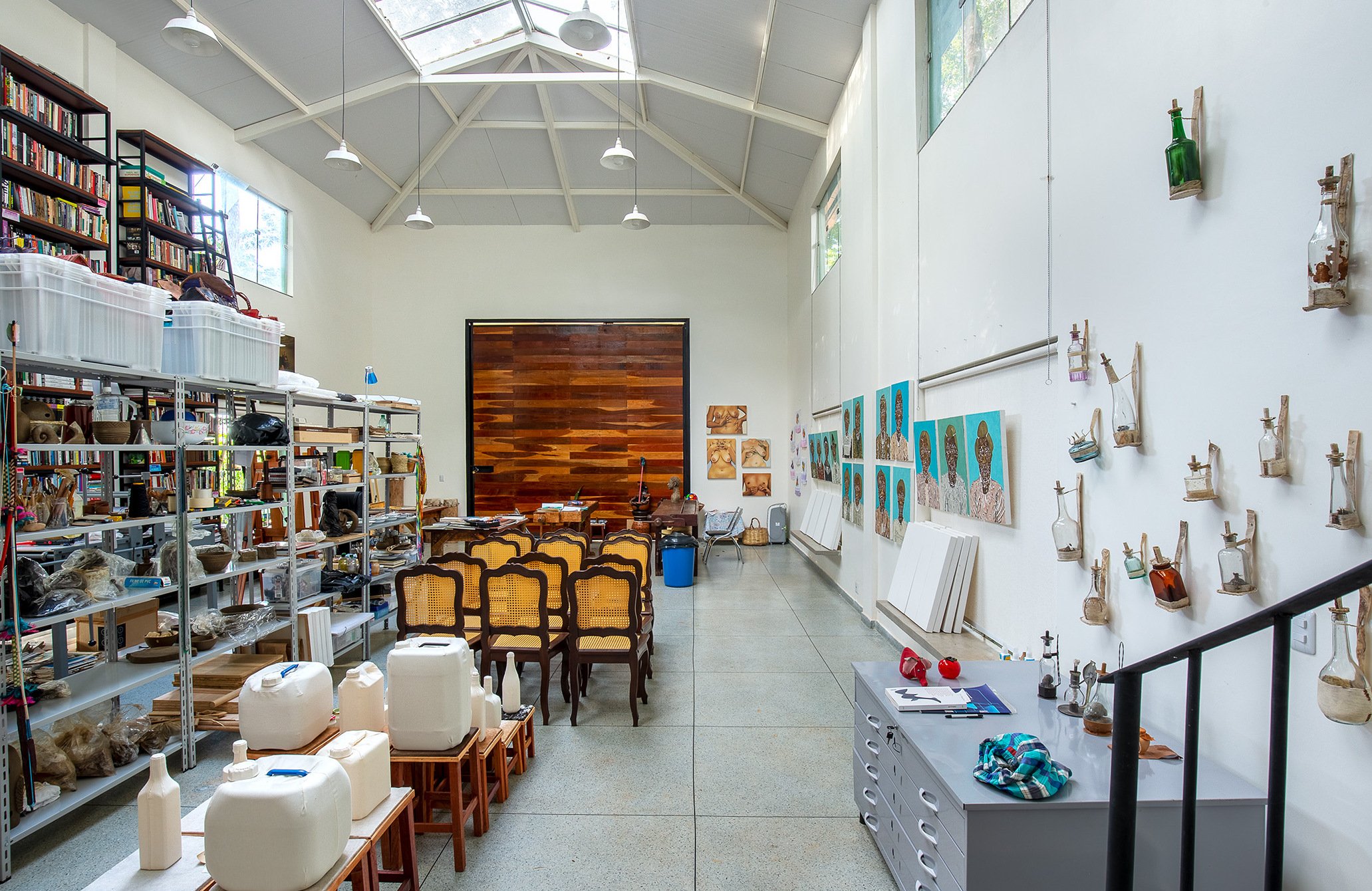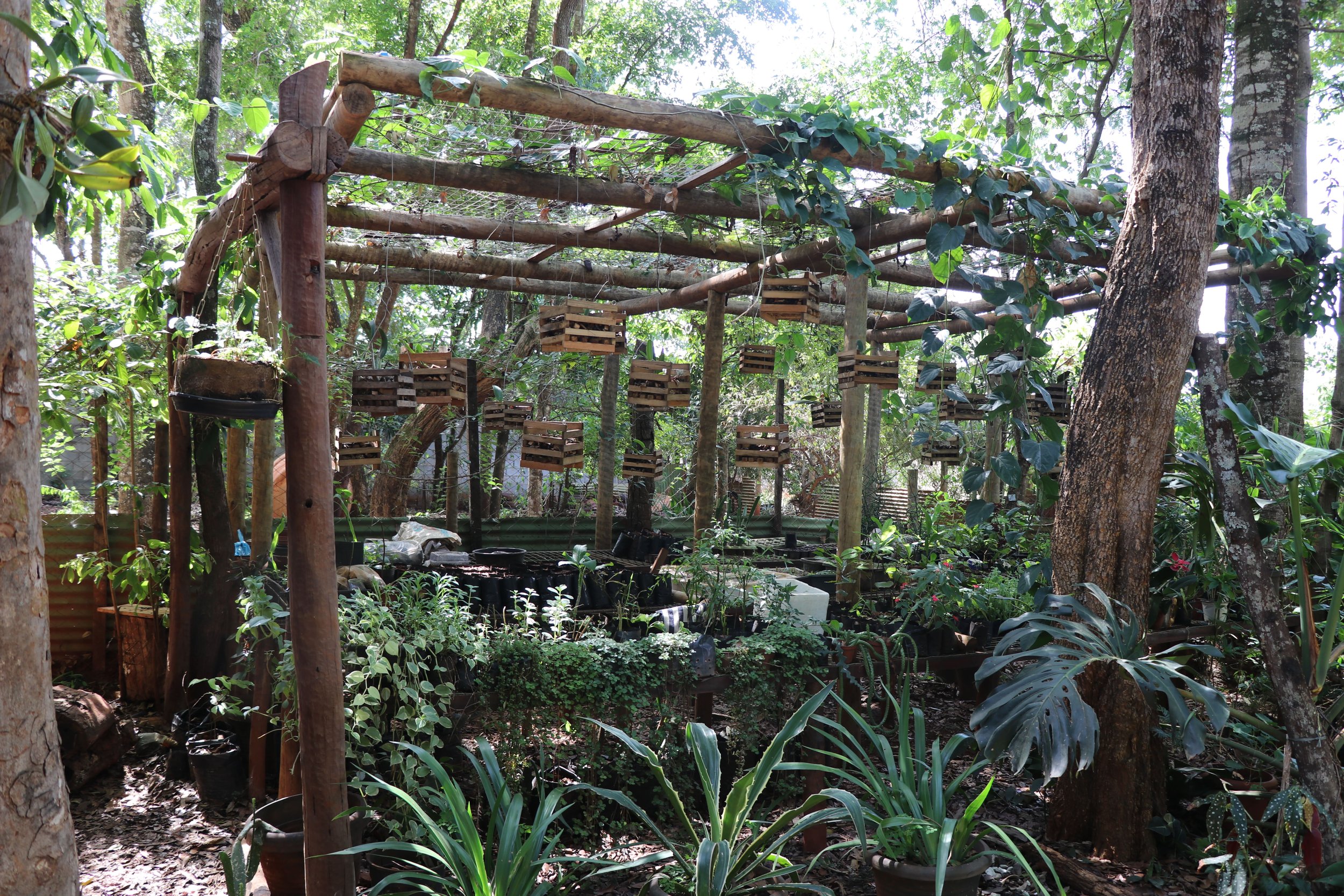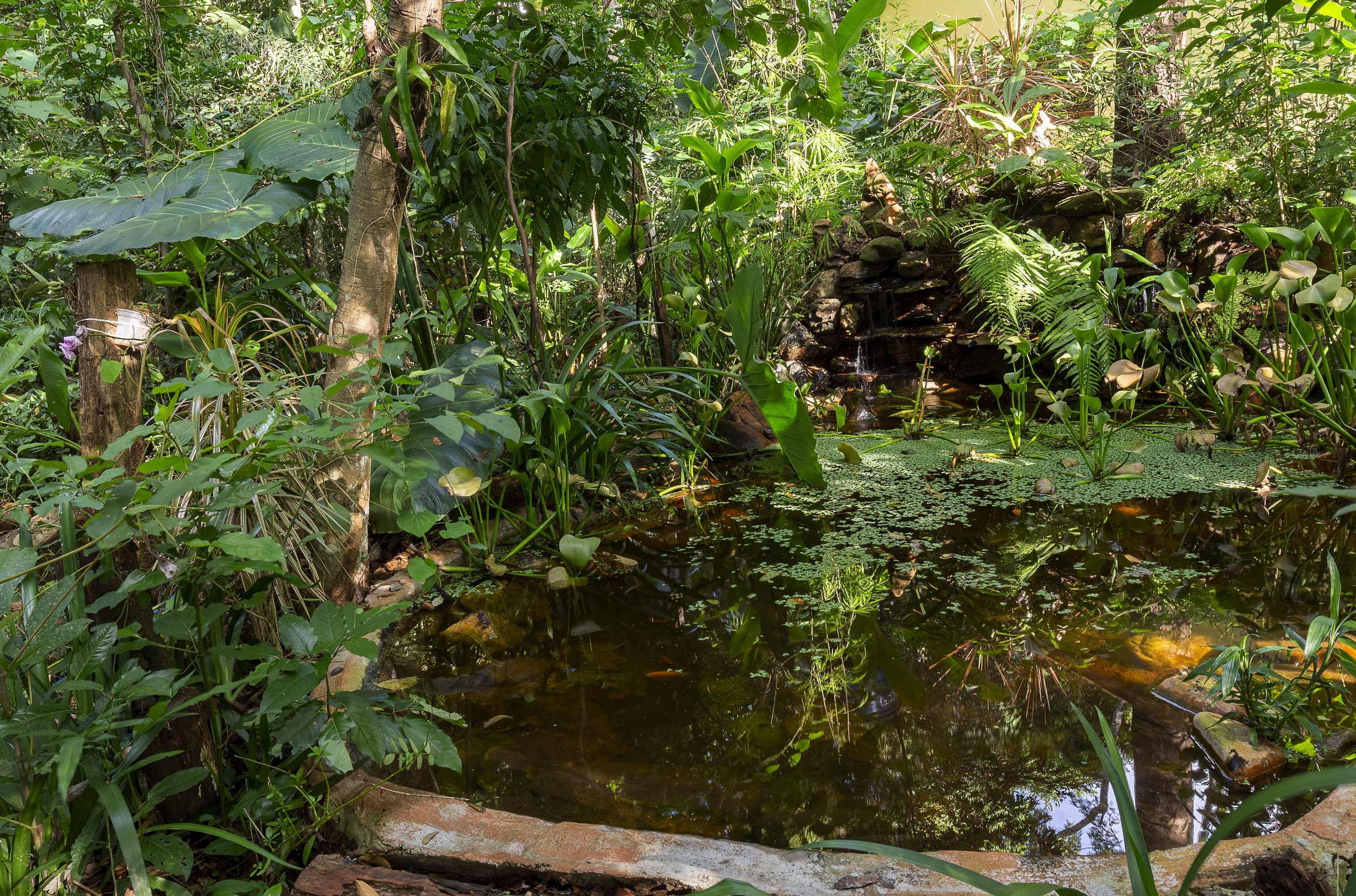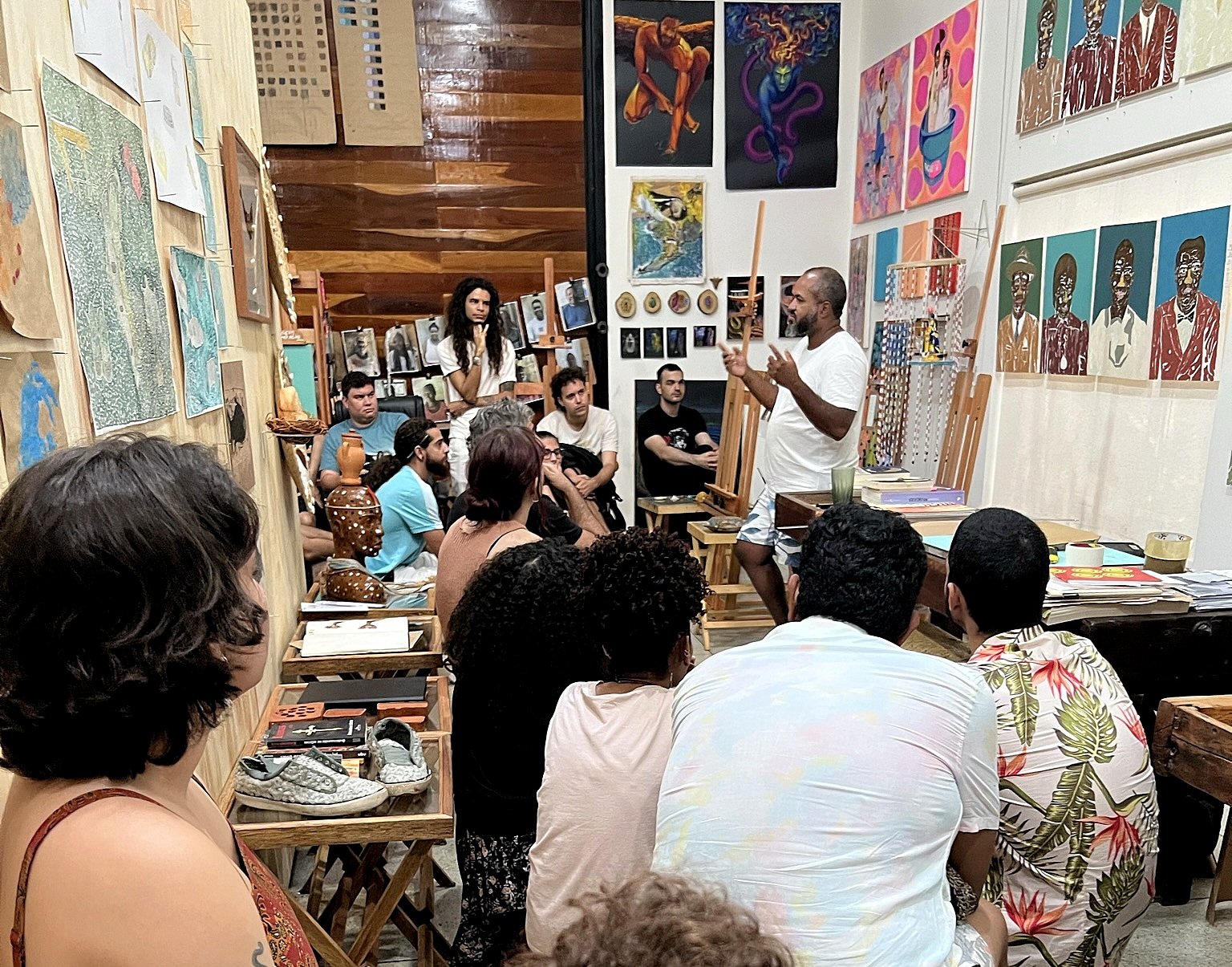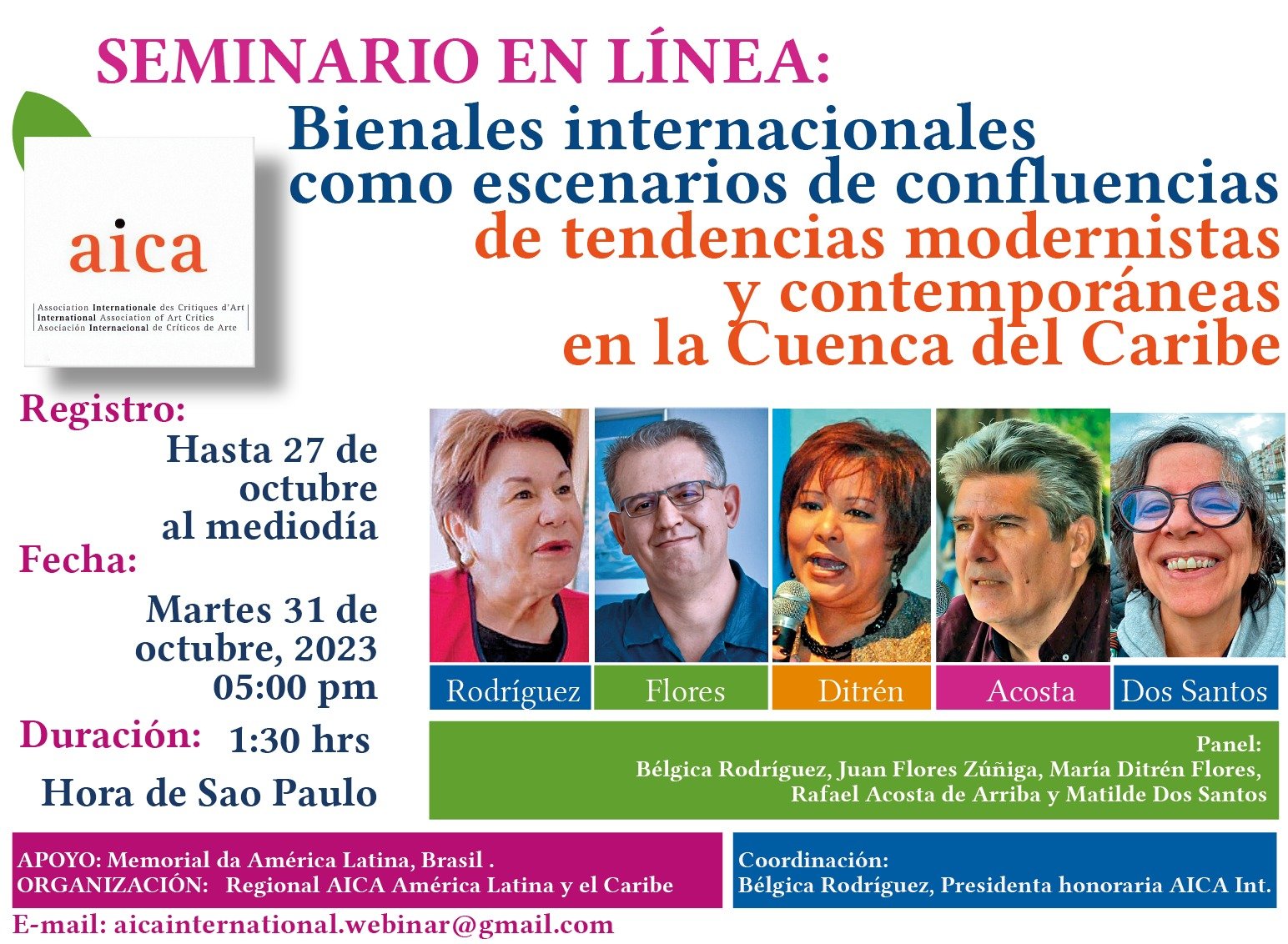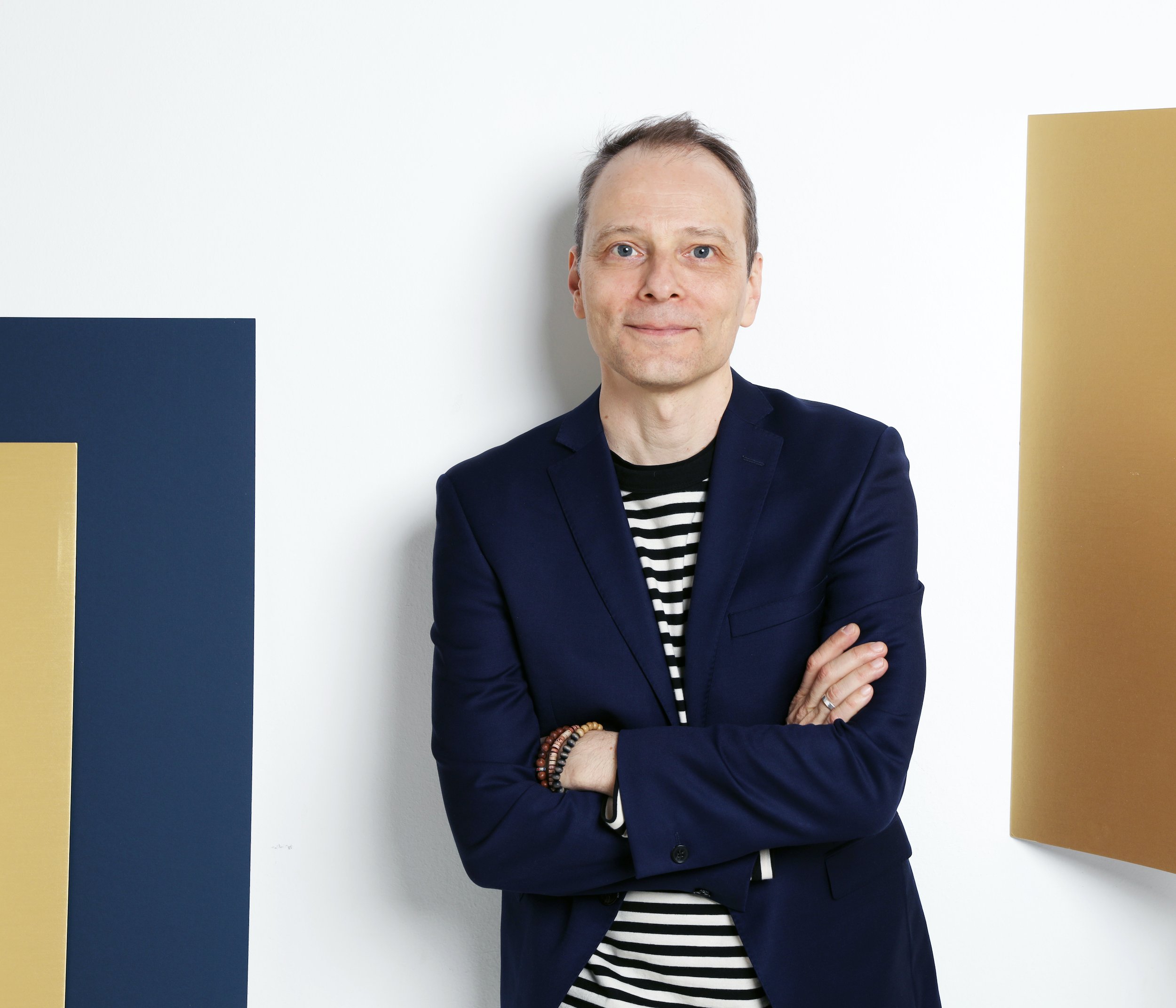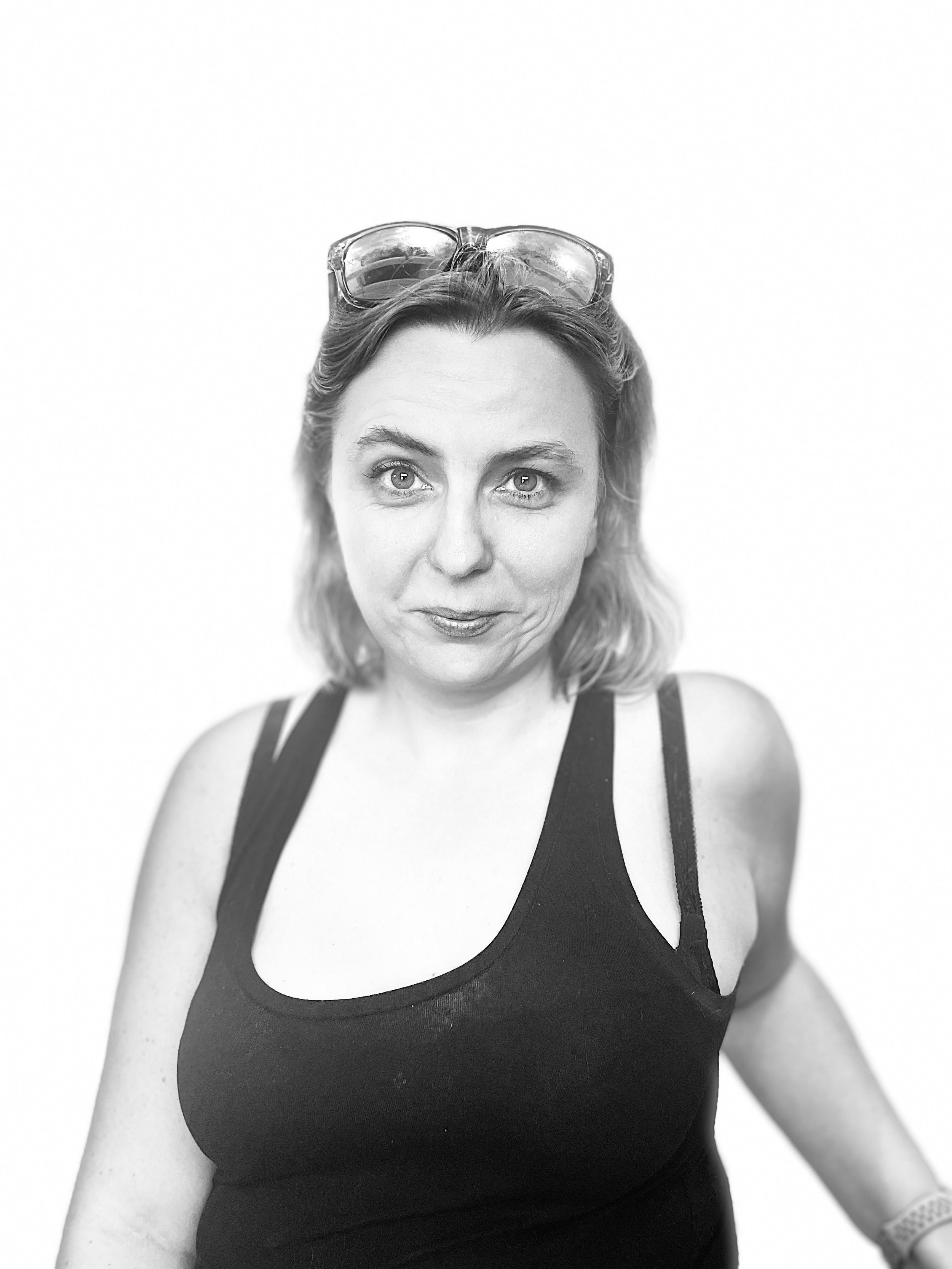Paris, January 30th, 2024
International Art Critics Association (AICA) is alarmed at the recent actions that undermine the autonomy of cultural institutions and freedom of expression in the Republic of Slovakia. Unfortunately, these actions are being carried out under the directive of the Ms Simkovicova, Minister of Culture. All such violations are unacceptable by AICA and all organizations that support the UNESCO Charter of Freedom of Expression.
AICA is a representative body of art critics based in Paris since the 1940s. It is active across the world with 9000 members in 95 countries. One of its objectives is to protect the ethical and professional rights of its members and defend impartiality and freedom of artistic expression worldwide. The Censorship and Freedom of Expression Committee of AICA actively monitors cases of censorship and human rights abuse in the art community and with the support of its members, registers protest against all violations.
AICA endorses the appeal circulated by Slovak art critics, artists, academics and curators, and expresses concern at the arbitrary merger of Kunsthalle Bratislava with Slovak National Gallery, an action that has been widely criticized for its impact on the professional standing and programming freedom of the Kunsthalle Bratislava.
AICA urges the Minister of Culture of the Republic of Slovakia, to put an immediate stop to the non-transparent dismissal or pressure for the resignation on the heads of the institutions under her Ministry.
The censorship of programmes and political appointment of incompetent professionals will have a detrimental effect on the development of art and culture in Slovakia and erode creative freedom at art and cultural institutions.
AICA hopes that this statement of protest will serve as a reminder that the actions to politicize and de-professionalize institutions are unethical and unacceptable by art professionals across the world.
On behalf of AICA
Malgorzata Kazmierczak, President of AICA International
Niilofur Farrukh, Chair of the Censorship Committee
The statement is also available as a PDF file by clicking HERE.



